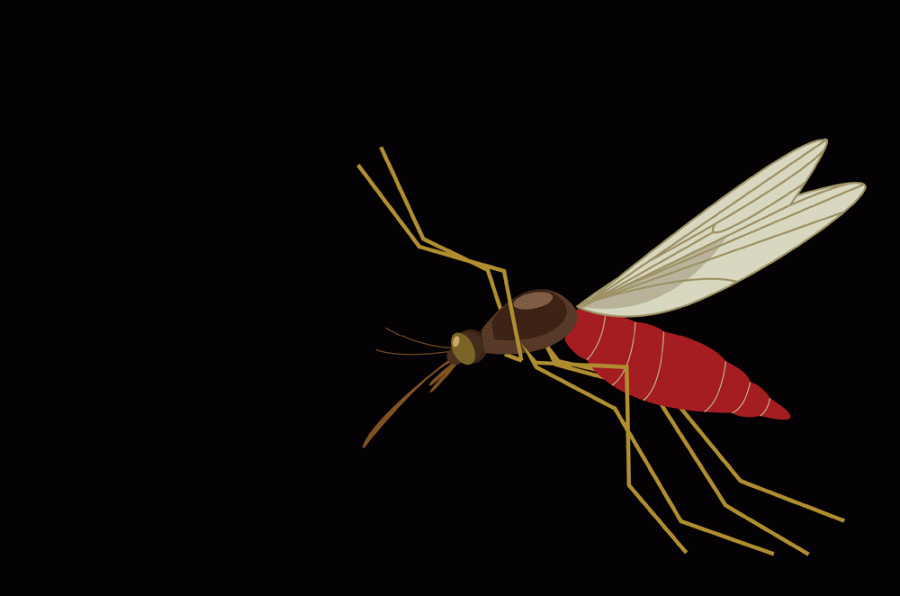A spotlight on Zika: what it is, what it does, and why it matters
February 11, 2016
The Zika virus continues to make headlines, as it spreads rapidly across the Americas. The first human cases of Zika in the United States were detected in Indiana, Ohio, Tennessee, and Delaware, and most recently, Pennsylvania. On Feb. 9, the Pennsylvania Department of Health announced that two residents had been diagnosed with the virus. The Department of Health did not these identify the residents by name or region, but specified that both had recently traveled to countries where the virus has been widely reported. Moreover, Lehigh University reported that one of its student tested positive for the Zika virus on Feb. 10, although it is unclear whether or not the student was accounted for in the Department of Health’s report. University officials at Lehigh reiterated that the diagnosed student had traveled outside of the United States over winter break. In light of these recent confirmed cases, it is important for the University community to take precautions to prevent infection.
Zika is “a virus transmitted to people primarily through the bite of an infected Aedes species mosquito,” Bucknell Student Health (BSH) Student Educator Melissa Allen said.
Only one in five people who are infected with the virus become ill, but it is important to note that the virus spreads through sexual contact.
Noticeable symptoms of the virus include “fever, rash, joint pain, or conjunctivitis (red eyes), muscle pain, and headache,” Allen said. The period of time between exposure and visible symptoms is unknown, but it “is likely to be a few days to a week.”
The symptoms of the Zika virus generally resolve themselves within a week, but Americans are frightened by the long-term implications of the illness. Research has shown that pregnant women who have been infected with the Zika virus have given birth to babies with birth defects such as microcephaly, an unnatural smallness in the infant’s head associated with incomplete brain development.
The University’s health center offers strategies for keeping students safe from the Zika outbreak. For instance, taking precautionary measures to prevent mosquito bites, such as wearing long clothes while outdoors and spraying insect repellent regularly, will significantly lower your chances of contracting the virus. The center also advocates the use of condoms to help impede the spread of the virus through sexual contact.
Most students feel safe from the virus and responded positively when interviewed about the University’s overall health.
“I’m not in serious danger here,” Jamie Risdal ’19 said.
Risdal did go on to explain that the outbreak of the Zika virus has affected her indirectly.
“For volleyball we were originally going to go to Florida for a tournament,” Risdal said. “But since my coach is pregnant we can no longer go now that the virus has been found in the state.”
Most students try to maintain a sense of optimism when the virus is brought up in conversation.
“To be honest, I feel safe,” Bri Lepore ’19 said. “It’s hard to be afraid of a virus that seems so far from affecting me.”
The Zika virus has been taking its toll internationally, negatively impacting tourism and economies in certain areas. Many countries have issued travel warnings, ranging from Central American nations such as Costa Rica and El Salvador, to Caribbean territories such as the Dominican Republic and Haiti. The full list of warnings can be found on the website for the Centers for Disease Control and Prevention (cdc.gov).
The rise of the Zika virus also impacts women’s rights, forcing countries to make difficult decisions regarding pregnancies. According to an article on BBC, four nations (Colombia, Ecuador, El Salvador, and Jamaica) have strongly recommended that women delay pregnancies until more information is known about the infection and its effects.
No legislation has been imposed by their governments as of yet. If the number of babies born with microcephaly continues to increase at the current rate, a line may have to be drawn to protect international health. This begs the question: can a government impose these restrictions at the expense of women around the world?
We can never be too careful as the Zika situation progresses. It is important to stay alert for the signs of the illness and to take preventative measures to ensure that the virus does not spread further.
The University’s health center urges students who are returning from an area of Zika outbreak and have developed signs and symptoms of the disease to see a health professional.



























